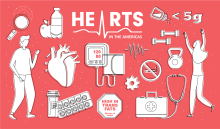Objective
To describe the editorial processing time of published COVID-19 research articles and compare this with a similar topic, human influenza, and analyze the number of publications, withdrawals, and retractions.
Methods
A descriptive-analytical study using PubMed on research articles with the MeSH terms human influenza and COVID-19. Time to acceptance (from submission to acceptance) and time to publication (from acceptance to publication) were compared. Retractions and withdrawals were reviewed both qualitatively and quantitatively.














